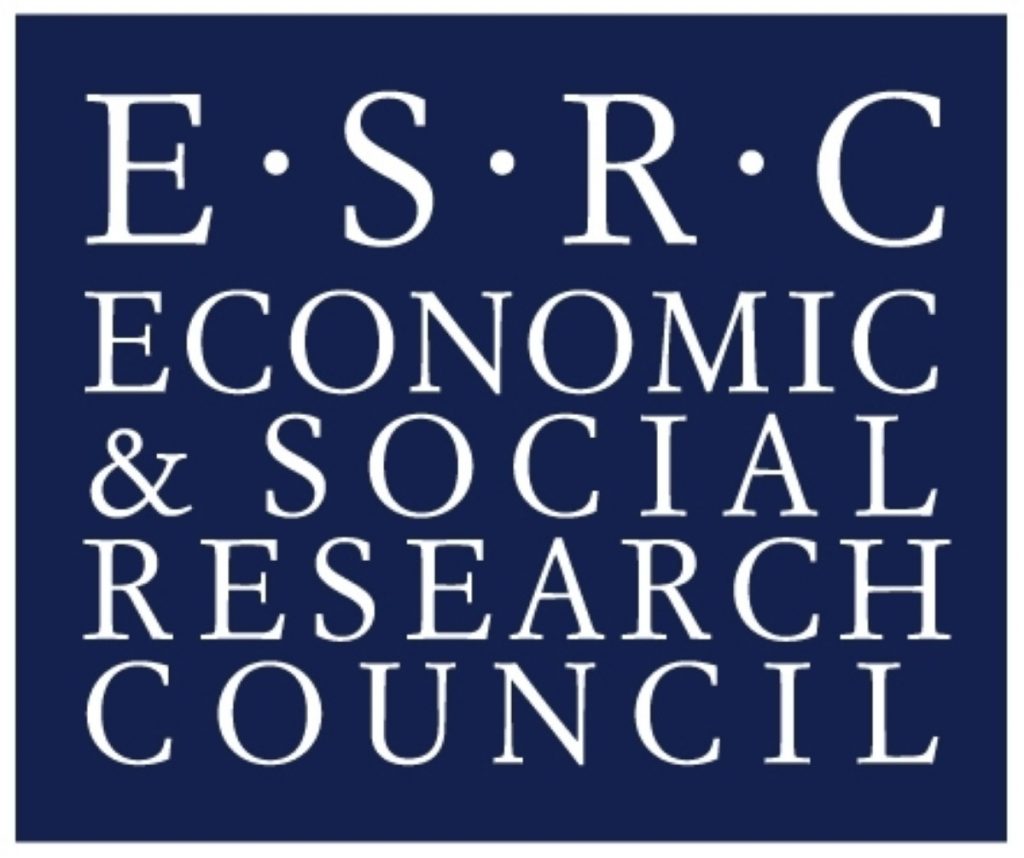ESRC: Myths of man-hating feminists make feminism unpopular
Feminism was one of the most influential political movements in 20th century Western Europe. Yet, in the 21st century, the label 'feminist' is often forcefully rejected, particularly by young women. New research funded by the Economic and Social Research Council (ESRC) suggests that, in rejecting feminism, women are often seeking to position themselves within conventional norms of femininity and heterosexuality.
"In many contemporary European societies, the term feminism provokes unease and even hostility," says Dr Christina Scharff of King's College London, who carried out the research. "Young women want to be treated equally and are aware of gender inequalities. Yet, even in countries that see themselves as being progressive on gender and sexuality, the term is often met with suspicion." Most of the women who Dr Scharff interviewed in Germany and Britain were young, from diverse backgrounds and they rejected feminism.
Playing an important role in the rejection of feminism in both countries are the distorted stereotypes of the 'man-hating feminist', the 'unfeminine feminist' or the 'lesbian feminist'. Many participants in the study did not want to call themselves ‘feminist’ because of these stereotypes. Furthermore, many of them saw feminism as a historical movement that had achieved its purpose and was therefore redundant.
Over time, increased opportunities to work and to decide when to have children allowed contemporary women to see themselves as empowered individuals who have benefited from social changes and who can manage their own lives. Many of the young women interviewed by Dr Scharff described feminism as a collective movement in which women fought together for their rights. In their view, a collective struggle is no longer needed in Western Europe. Individual freedom is more important, even if this means dealing with discrimination alone.
Furthermore, while the participants frequently portrayed themselves as empowered, they tended to characterise women in other cultures and communities as passive victims of oppressive cultures. Seeing the 'other woman' as powerless, according to Dr Scharff, is central to women's sense of being empowered themselves. She describes such stereotypes as a legacy of Europe's colonial past and argues that these clichés are in part responsible for the view that women in Western Europe no longer need feminism.
Dr Scharff says: "What gets overlooked in all these responses is that feminism represents many different theories and approaches. Indeed, there is no one women's movement with a unified set of goals, particularly in a cross-cultural context."
Yet, even with the resurgence of feminist activism in recent years, the stereotypes remain. Although none of the participants could point to specific individuals, most still viewed the pioneers of gender equality as 'lesbian, man-hating feminists'. The study shows how young women who describe themselves as pro-gay can subscribe to negative views of homosexuality in their rejection of feminism.
For further information contact:
Dr Christina Scharff
Email: christina.scharff@kcl.ac.uk
Telephone: 020 7848 1854
ESRC Press Office:
Sarah Nichols
Email: sarah.nichols@esrc.ac.uk
Telephone: 01793 413122
Jeanine Woolley
Email: jeanine.woolley@esrc.ac.uk
Telephone: 01793 413119
Notes for editors
This release is based on early findings from 'Young women and feminism: Disseminating findings from an international study on young women's attitudes towards feminism', funded by the ESRC and carried out by Dr Christina Scharff at King's College London. In May 2012, the study appeared as the book 'Repudiating Feminism: Young Women in a Neoliberal World' (Ashgate).
This exploration of young women's repudiations of feminism is interdisciplinary, drawing on insights from gender studies, cultural studies, critical psychology, queer theory and sociology. The research is based on a qualitative study, involving forty semi-structured interviews with young women in Germany and Britain. These included lesbian, bisexual and heterosexual women and women from different class and racial backgrounds.
The Economic and Social Research Council (ESRC) is the UK's largest organisation for funding research on economic and social issues. It supports independent high quality research which has an impact on business, the public sector and the third sector. The ESRC's total budget for 2012/13 is £205 million. At any one time the ESRC supports over 4,000 researchers and postgraduate students in academic institutions and independent research institutes.





-01.png)